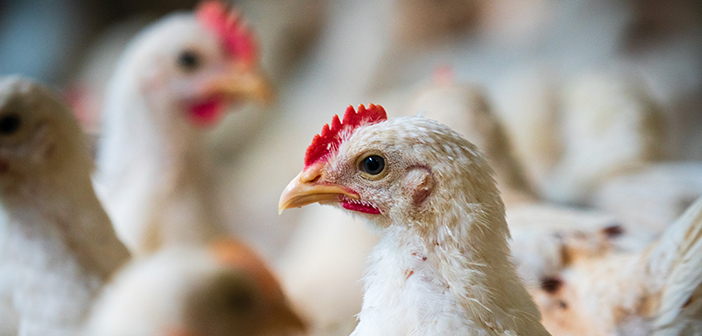Assessments of Red Tractor poultry scheme members are to increase from every 12 months to every nine months, starting next March. This change to the poultry audit cycle forms part of a drive by Red Tractor to balance practicalities of poultry inspections with the need to maintain the high levels of biosecurity in the industry.
The last few years have been particularly tough for the poultry sector, and the unprecedented outbreak of Highly Pathogenic Avian Influenza (HPAI) and pandemic-related disruptions over the past few years, have caused prolonged disruption to on-farm assessments of poultry members.
Red Tractor said these challenges meant there was a risk to the confidence which underpins consumer trust in the poultry sector. With the increased scrutiny in British Agriculture and food production, our poultry sector board, which is made of farmers, processors, industry body representatives and industry experts, have agreed that it is important for the industry to demonstrate its commitment to bird safety and welfare.
From March 2023, a framework of both remote and physical assessments to the poultry audit cycle will be formally introduced at nine-month intervals. Red Tractor said it is hoped that this will improve the value of the audits to protect the reputation of the poultry industry, whilst balancing the need for high levels of biosecurity. This will enable audits to go ahead during periods of high incidences of outbreaks of HPAI, when stringent biosecurity measures and potential housing orders are put in place.
This new structure will mean that audits can be conducted more regularly. During 36 months of membership poultry producers can expect on average of four audits instead of three.
Audits will be a mixture of both physical and remote audits. Between mid- November and until the end of March, audits may have to be conducted via remote audit off-site to reduce the risk of HPAI transmission between farms. This will of course vary by factors such as geography and severity of outbreak.
A remote assessment is where compliance with standards can be checked and verified without an assessor visiting the site. Remote assessments will use technology to conduct the assessment. It may include a combination of uploading documents, photos, live streaming, and telephone interviews.


